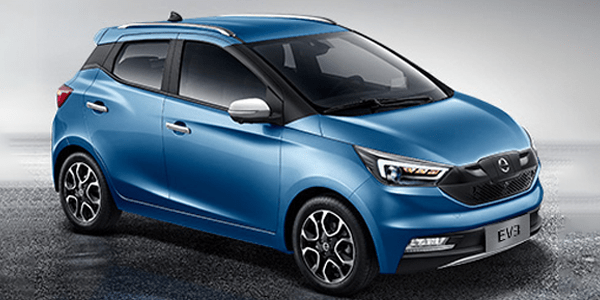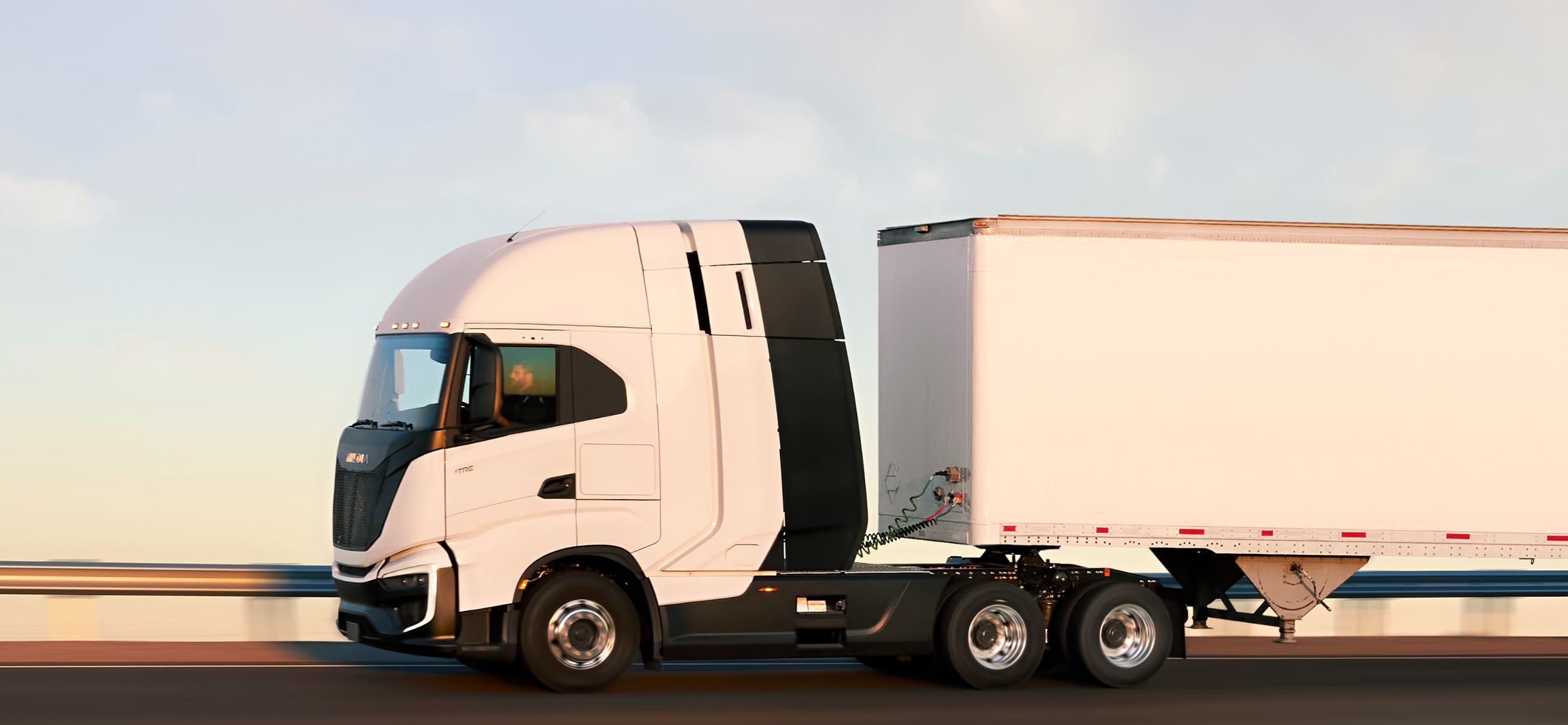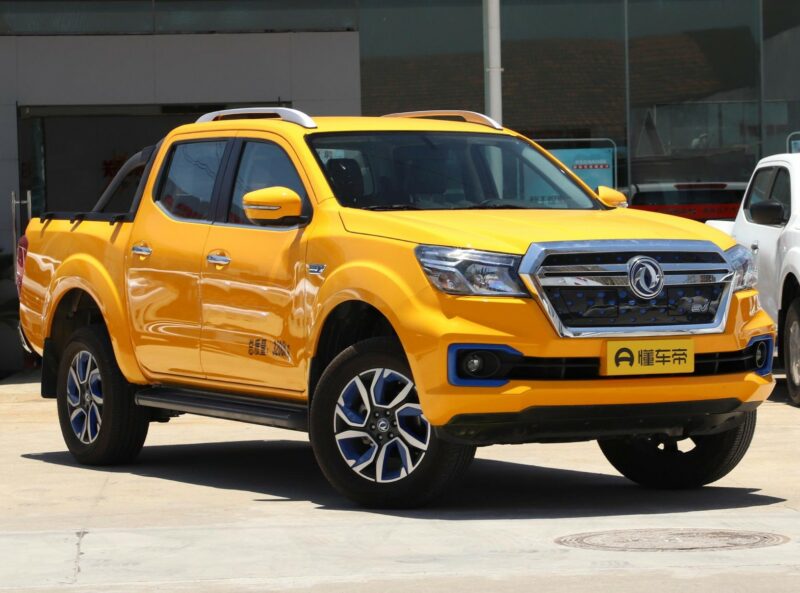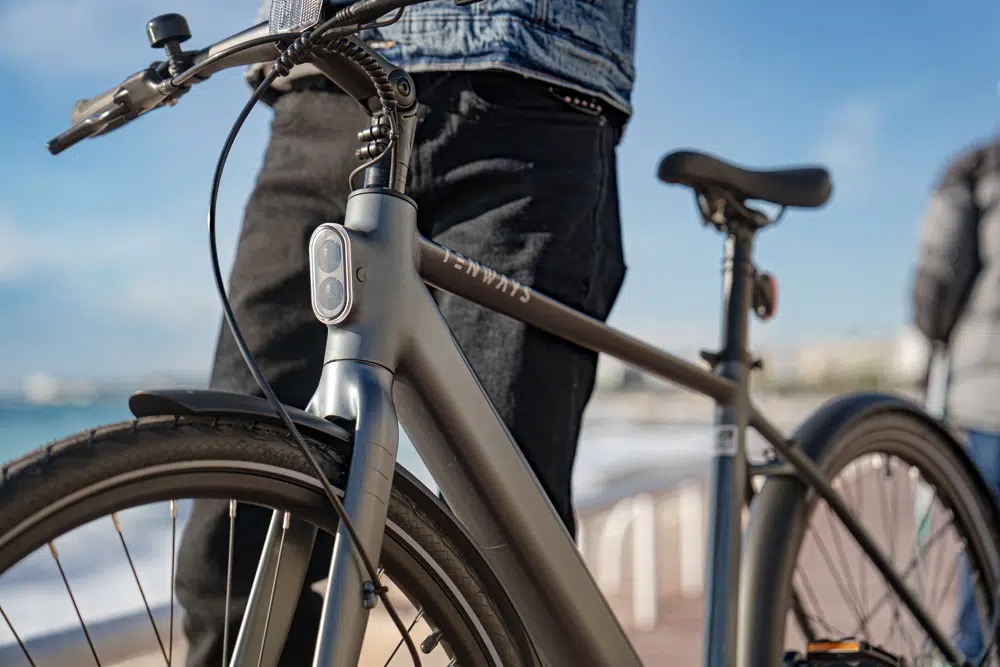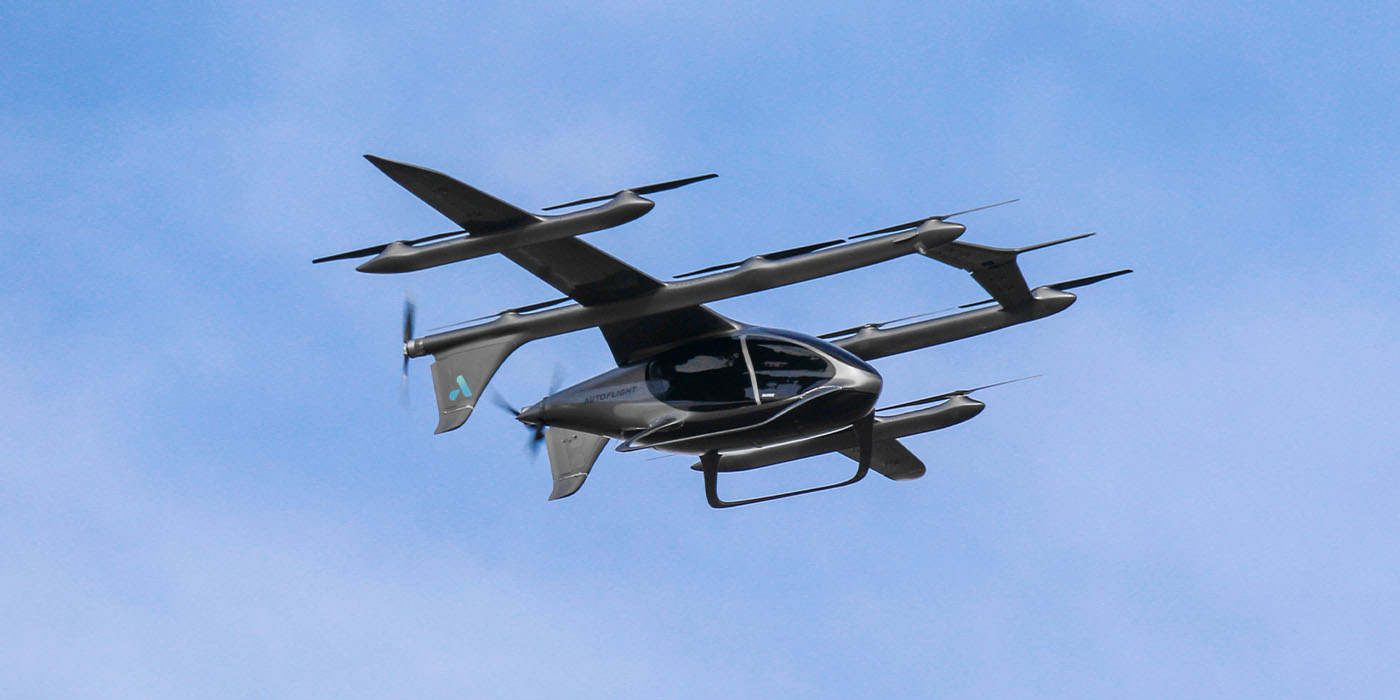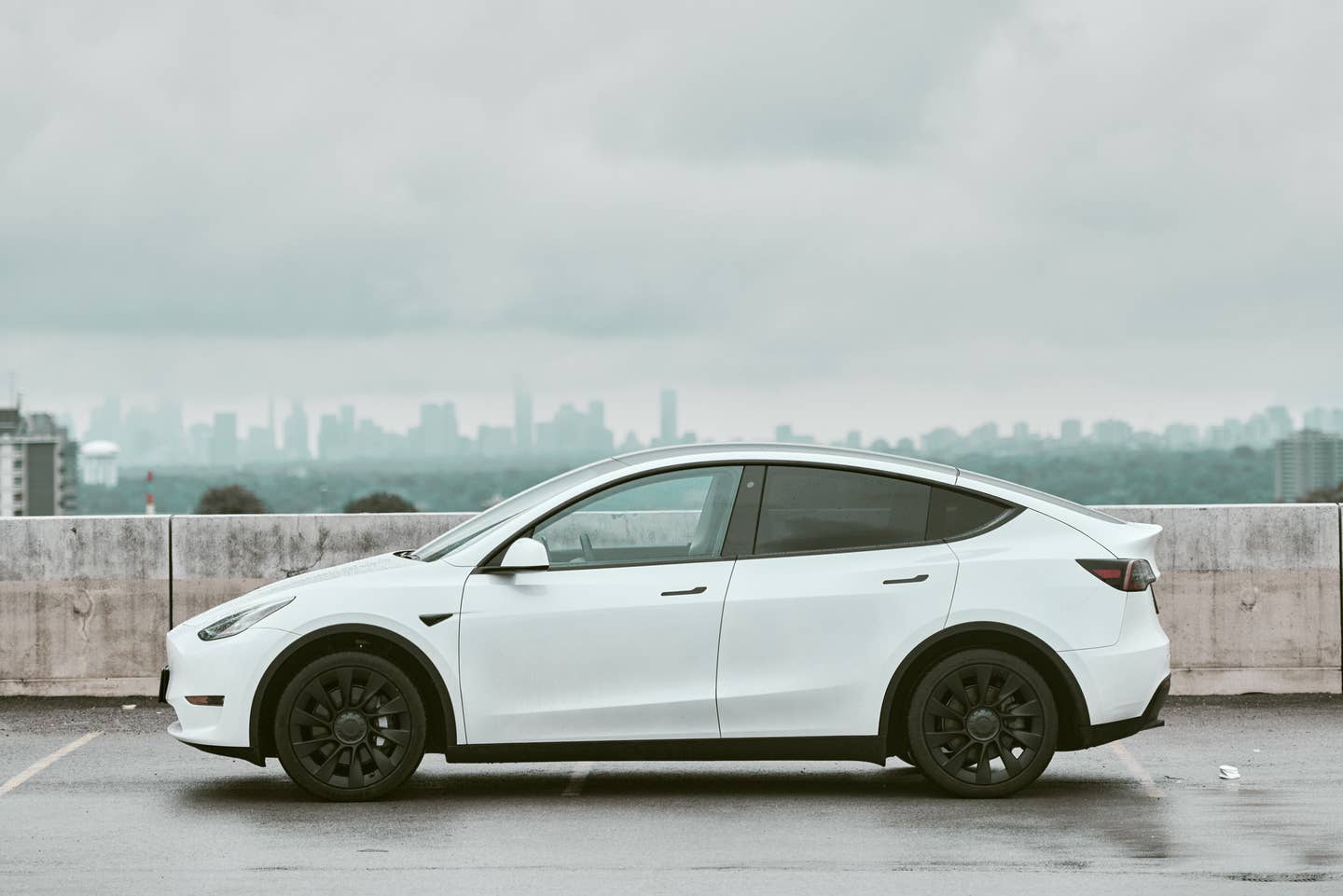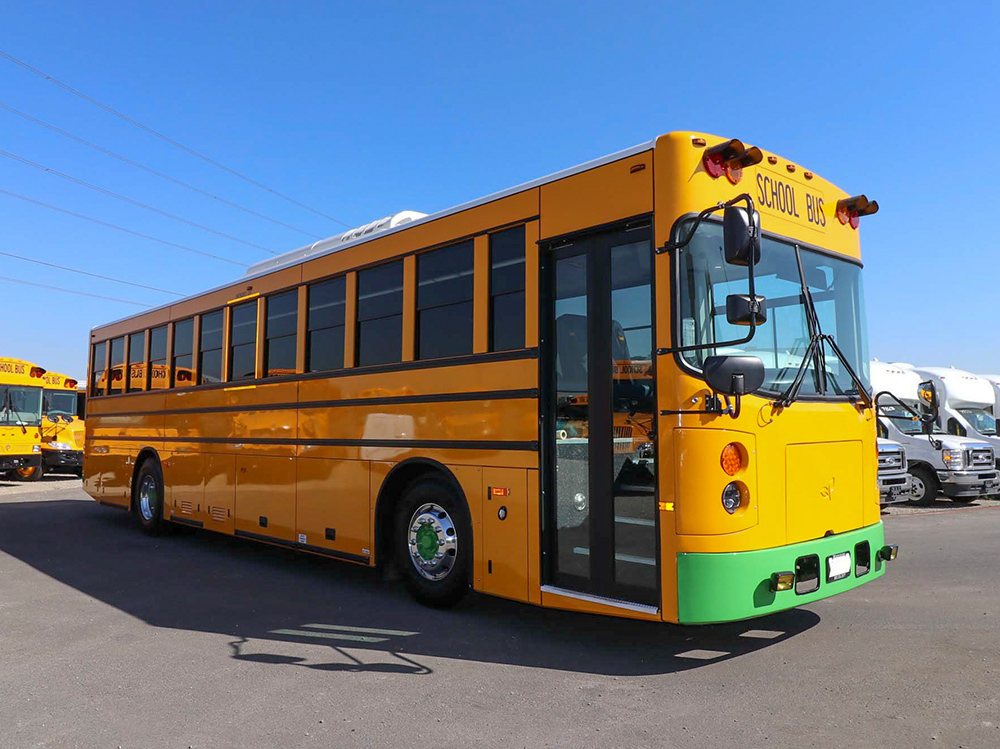Farasis Energy, a Chinese battery manufacturer, is set to supply Na-ion battery packs for the EV3 small electric car of Jiangling Motors Electric Vehicle (JMEV), which is majority owned by Renault. Farasis Energy had announced plans for a new factory in Ganzhou, Jiangxi province in August last year, aiming to achieve a final annual capacity of 30 GWh. The company has now converted some ternary lithium battery production lines at the plant into sodium-ion battery production lines to meet JMEV’s requirements for mass production of the EV3 by June 30.
The use of sodium-ion batteries in Chinese electric cars is gaining momentum. Hina Battery recently began producing sodium-ion cells on a trial basis for a small electric car from Sehol, a joint venture brand of JAC and Volkswagen Anhui. BYD, a Chinese automotive giant, was rumoured to want to start mass production of sodium-ion batteries for electric cars last year, and announced a small, affordable electric car in January this year. Sodium-ion batteries are cheaper to make than lithium-ion batteries but have lower energy density and are typically used in stationary battery storage and micromobility solutions.
Sodium-ion batteries are also progressing in other parts of the world. Altris, a Swedish company, announced its first industrial-scale cathode material production facility for sodium-ion batteries in May last year. In the US, Natron Energy and Clarios are collaborating on a project for sodium-ion battery production.
Now that Farasis is producing sodium-ion batteries on an industrial scale for small vehicles in China, it will be interesting to see when majority owner Renault will deploy these batteries in small city vehicles. The development of sodium-ion batteries offers an opportunity to reduce the cost of electric vehicles and promote the transition towards sustainable transportation.

